Analysis: Politicking, at the cost of economy
As the country's economy sinks, government and its critics cite selective indicators to argue their case.
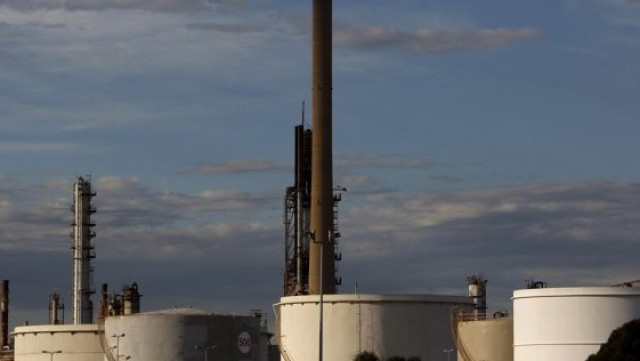
In almost four years in power, the PPP-led coalition has failed in steering the ship of state to calm waters on the economic front. And the iceberg lies right in the path of Pakistan’s rudderless economy. The only question on which economic analysts are divided is whether Pakistan has already hit the iceberg and is sinking, or whether there is still a slim window of opportunity to steer clear of the iceberg.
The figures look unhealthy enough to be in intensive care. Since the PPP-led government took charge, economic growth has been on the decline and both domestic and international debt is mounting. Domestic borrowing by the government in the past three-and-a-half years is almost equal to the combined borrowing by previous governments in the past 60 years. International debt obligations are automatically increasing as the rupee depreciates against the US dollar.
Selective indicators
But the government disagrees. Fauzia Wahab, an MNA from the PPP who also serves as the chair of the National Assembly’s Finance Committee, says many economic indicators of the country are positive, citing forex reserves of nearly $18 billion and exports worth more than $25 billion in the last fiscal year.
The real problem, she says, is the deficit between total revenue collection and money to run the government. “We require Rs4 trillion to run the state and income is Rs2.6 trillion,” she says.
“The ship is sinking,” says Dr Ashfaque H Khan, currently dean and professor at the National University of Science and Technology. “The government has not focused on the economy from day one. To counter political instability, all the government’s energies went into staying in power,” he says.
Federal Minister for Petroleum Naveed Qamar, who has also served as the finance minister, believes that the economy is not as weak as portrayed by critics. “It depends on the figures you look at”, he says.
He agrees that Pakistan’s economic growth figures are down but points out macro indicators, such as remittances and exports, are at a high.
Jobless and resentful
Former finance minister Dr Salman Shah, meanwhile, argues that Pakistan needs to accelerate growth to create jobs for roughly three million young people entering the job market every year. “We need eight to 10 per cent growth every year otherwise unemployment will become uncontrollable,” says Shah.
The corollary to high unemployment is social and political tension, in a country already brimming with resentment at high food prices, insecurity and shortages of gas and electricity. Across the country, there are strikes every week by different groups of people, ranging from medical professionals to small urban traders. And the cash-strapped government has done little to curb ostentatious lifestyles of its leaders or bringing in efficient management to control and restructure hemorrhaging public sector enterprises like the PIA, Pakistan Steel and Pakistan Railways amongst others.
Instead, aggressive histrionics by PPP leaders on Pakistani television talk-shows dominate the political and social discourse in the country. There is lots of fire but little substance.
Politics, at the cost of economics
Dr Khan blames the media. “The media also ignores economic issues as do politicians,” he says. Consequently, while issues like Memogate and President Zardari’s sudden departure for Dubai for an unspecified health problem dominate the airwaves, excessive government borrowing is rarely discussed.
Mr Qamar agrees that domestic borrowing, initially from the State Bank of Pakistan, had an inflationary effect, but the government later switched to borrowing from commercial banks. He points out that the government borrowing has now stopped after Pakistan once again sought help from the IMF. The domestic loans can only be repaid once growth is generated, he says.
While there seems to be general consensus that the economy can still be turned around, Dr Khan claims that a turnaround under the present government is not possible. “This government has lost credibility with local and foreign investors,” he says.
“Pakistan is like a thoroughbred horse but this government can’t ride it. They are treating Pakistan like a mule,” says Shah.
The government is quick to reject the criticism. But it is crystal clear that the turnaround isn’t likely to happen any time soon.
Published in The Express Tribune, December 12th, 2011.

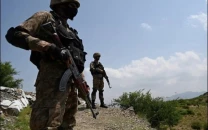

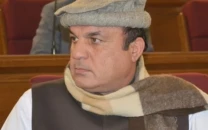

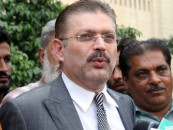
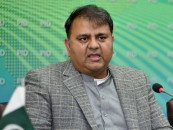












COMMENTS
Comments are moderated and generally will be posted if they are on-topic and not abusive.
For more information, please see our Comments FAQ